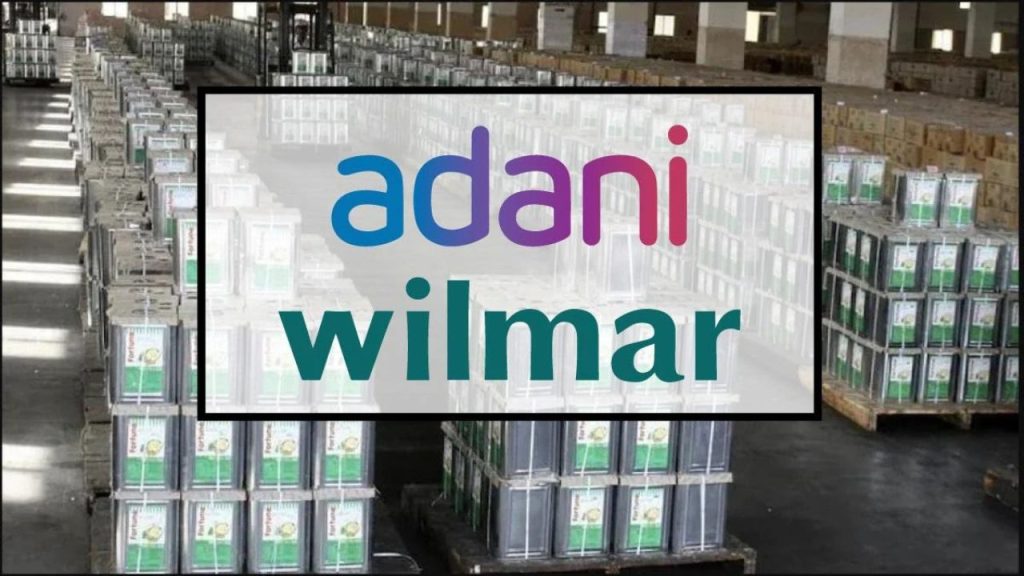Shares of Adani Wilmar fell 9% to ₹293.55 following the announcement by promoter Adani Commodities that it will sell up to 20% of the company through an offer for sale. Beginning on January 10, non-retail investors are entitled to purchase shares at the established selling price of ₹275 each.
Adani Wilmar Shares Fall 9%:
Early on January 10, Adani Wilmar’s stock dropped 9.5% to ₹292.65 a share. The drop came after it was announced Thursday night that the company’s promoter will use an Offer For Sale (OFS) to sell off up to 20% of the business.
One of the company’s promoters is Adani Commodities LLP. In its regulatory filing on Thursday, the firm stated that the seller intends to sell up to 17,54,56,612 equity shares of the company (the “Base Offer Size”) on January 10, 2025, which represents 13.50% of the entire issued and paid-up equity share capital of the company. To sell an extra 6.5% of the OFS, the corporation can also choose to exercise a greenshoe mechanism.
The price of OFS has been fixed at ₹275 per share, which is 15% less than the closing price of Adani Wilmar on Thursday. On Friday, January 10, the sale will open to non-retail investors, and on Monday, January 13, it will open to retail investors. The Adani Group’s flagship company, Adani Enterprises, said it was selling its joint venture holding in Adani Wilmar late last month. To comply with the minimal criteria for public shareholding, the firm planned to sell 13.5% of its shares.
Adani Commodities owned 43.94 percent of Adani Wilmar as of the September quarter, while Lence Pte., a division of Wilmar International, also owned 43.94 percent. It is believed that Adani Enterprises now has a stake in Adani Wilmar worth ₹18,500 crore, or more than $2 billion.
Revenue Increased by 33% in Q3 of FY25:
Despite significant price increases brought on by an increase in the cost of raw materials, the firm managed a 6% YoY increase in volume in Q3. Revenue grew by 33% annually over the previous year. After the customs tax increases in mid-September, underlying commodity costs sharply increased, which impacted the demand for edible oil, accounting for 79% of value in Q3.
In Q3FY25, its edible oil volume increased by about 4% YoY. However, a double-digit drop in packaged palm oil sales and consumer downtrading were the leading causes of the low single-digit loss in branded sales. In Q3, the Food & FMCG category had a 22% YoY increase in revenue. According to the company’s regulatory filing, Industry Essentials’ sales increased 6% yearly in Q3FY25.




